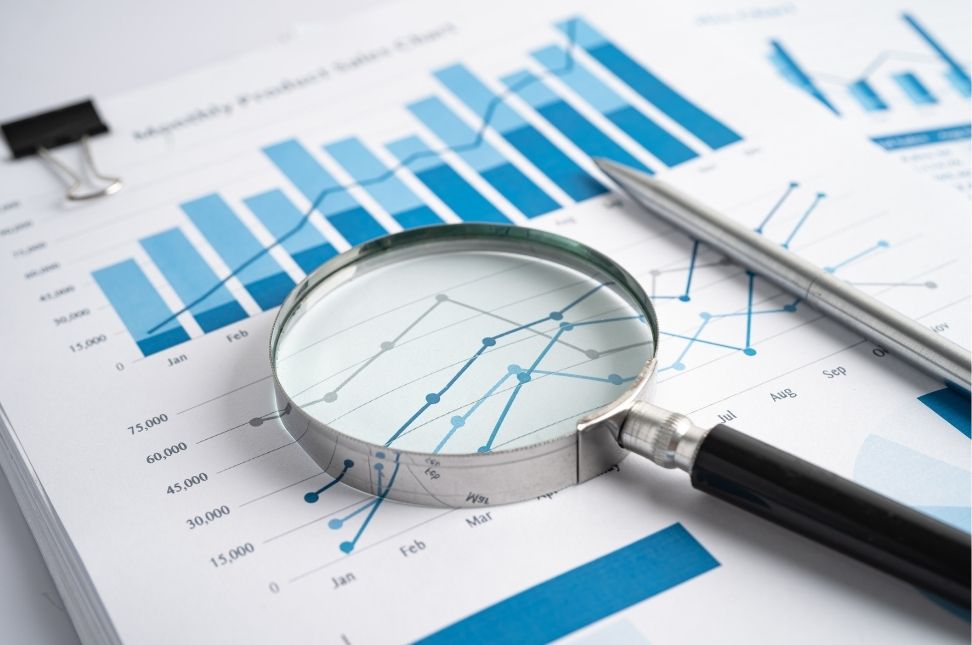Data analytics has emerged as a game-changer in the realm of marketing, offering businesses invaluable insights into consumer behavior, market trends, and campaign effectiveness.
In a world where data is often referred to as the “new oil,” it’s no surprise that data analytics plays a pivotal role in shaping marketing strategies. So, what exactly is data analytics, and why is it so vital in the marketing landscape?
Understanding Data Analytics:
Data analytics refers to the process of examining, cleaning, transforming, and modeling data to discover meaningful insights, draw conclusions, and support decision-making. In marketing, this means leveraging data to understand customer behavior, preferences, and the effectiveness of marketing campaigns.
Data analytics in marketing involves collecting and analyzing a wide range of data, including:
- Customer Data: This encompasses information about your customers, such as demographics, purchase history, and online behavior.
- Market Data: This includes data about your industry, competitors, and market trends.
- Campaign Data: Information related to your marketing campaigns, including website traffic, email open rates, social media engagement, and conversion rates.
- Product Data: Insights into your products or services, their performance, and customer feedback.
The Role of Data Analytics in Marketing:
- Customer Understanding: Data analytics helps you understand your customers better by analyzing their behavior and preferences. This knowledge is invaluable for creating personalized and relevant marketing campaigns.
- Optimizing Marketing Campaigns: With data analytics, you can track the performance of your marketing campaigns in real-time. You can quickly identify what’s working and what needs improvement, enabling you to allocate resources more effectively.
- Predictive Analytics: Data analytics can be used for predictive purposes. By analyzing historical data, you can make informed predictions about future trends and customer behavior.
- Segmentation: You can segment your audience based on various criteria, such as demographics, location, or behavior. This allows you to tailor your marketing efforts to specific groups, increasing their relevance and effectiveness.
- Improving User Experience: By analyzing user data on your website or app, you can identify areas for improvement. A better user experience can lead to higher conversion rates and customer satisfaction.
- Cost Reduction: Data analytics can help you identify inefficiencies in your marketing processes, allowing you to reduce costs and allocate resources more efficiently.
- Competitive Advantage: By leveraging data analytics effectively, you can gain a competitive edge in your industry. You’ll be better equipped to adapt to changing market conditions and customer preferences.
The tools and techniques for data analytics in marketing are continually evolving, with many businesses investing in specialized software and hiring data analysts to extract meaningful insights. Whether you’re a small business owner or a marketing professional in a large corporation, understanding the fundamentals of data analytics is essential for staying competitive in today’s data-driven marketing landscape.
Data analytics is not merely a buzzword; it’s a fundamental aspect of modern marketing. By harnessing the power of data, businesses can make more informed decisions, create more effective marketing campaigns, and ultimately drive higher ROI.




